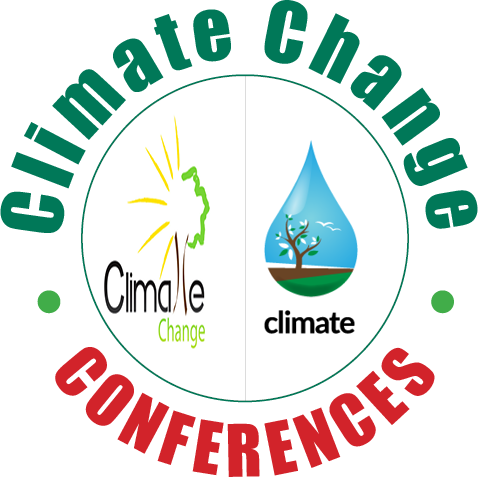
Don Elzer
Wildcraft Forest School, Canada
Title: Wildcraft forest school field studies: Regenerative practices and rewilding amidst a changing consciousness
Biography
Biography: Don Elzer
Abstract
Statement of the Problem:
Climate change and certain industrial activities are impacting biodiversity in rural and remote areas. Wild species in “local” ecosystems are transitioning to different locations. A lack of capacity for monitoring leaves these issues un-noticed. Because of the vastness of this problem, governments and institutions are unable to deliver assistance. Most often, people connected to these remote landscapes are observing these changes, but they may not have the organizational capacity to problem-solve. Often these wild edge and riparian areas are within an industrialized farming, logging or plantation interface which is also stressed. Shifts in supply and demand in the resource, food and medicine marketplaces are driving these operations to expand into wildlands placing habitat at risk; at the same time local “food security efforts” compete for these same lands.
Purpose and Methods:
The Wildcraft Forest School has applied experimental research within many fieldworking nodes in an effort to improve capacity for restoration and local problem-solving while establishing long-term working relationships. Methods are also developed that seek to transition certain market demand issues which place dangerous pressures on wild ecosystems and local food and medicine security.
Results and Findings:
A narrative was developed that links educated urban professionals with a “spiritual” connection to ecosystems that includes ethics and stewardship. This incentive framework creates meaning and purpose which drives an individual commitment towards stewardship of a place. The applied fieldwork has helped to transition and support species impacted by climate change and negative industrial impacts as well as to create new regenerative models for the harvesting of wild foods and medicines.
Conclusions:
Participation continues to grow and to be engaged in providing support for restoration and advocacy work that adds capacity to local efforts. The narrative that provides the incentive continues to attract urban professionals who return home and engage with advocacy efforts while utilizing their extension work experience to support career objectives. Opportunities continue to emerge for replicating this model so that it can be applied in other regions and to improve the partnerships with scientific and monitoring agencies.

